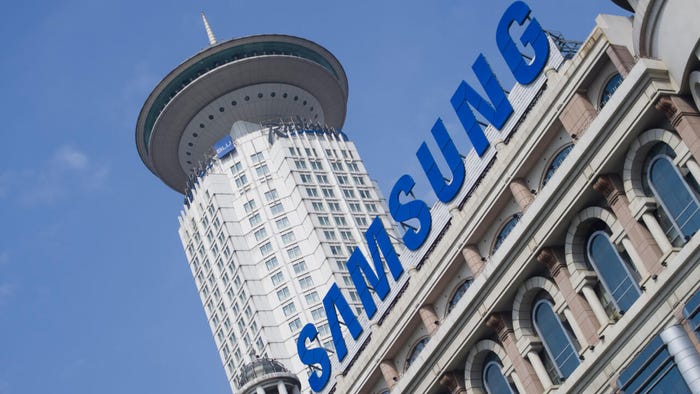
With China's LEOsat industry set to take off later this year, the two biggest state-owned telcos have taken stakes in new satellite companies.
China Telecom has set up a new fully owned subsidiary, Tiantong Satellite Technology Co., registered in Shenzhen with 1 billion Chinese yuan (US$138 million) paid-in capital.
In April China Mobile took a 20% stake in a new RMB4 billion ($551 million) state-owned company, China Shikong Xinxi Co., registered in Xiongan.
It is co-investing with China Satellite Network Group, the company behind Starnet, China's biggest LEOsat project, which will own 55%, and aerospace contractor Norinco, a 25% shareholder.
China Telecom, which is currently the only operator with a mobile satellite license, operates three Tiantong geosats, launched between 2016 and 2021, covering China, the western Pacific and its neighbors.
It has been operating satellite services from Tiantong since 2018 and launched a direct-to-phone service in Hong Kong – its first expansion out of mainland China, providing terrestrial, maritime and emergency communications.
The Hong Kong operation will also be the base for building a global business, the company says.
Second half of 2024
China Telecom will shutter its legacy satellite subsidiary, established in 2009, and transfer the assets into the new company.
The other new business, China Shikong, lists its scope as satellite communication, satellite navigation and remote sensing services.
The two investments come as China Starnet is readying to launch its first satellites in the second half of the year. It is aiming to build a constellation of 13,000, with the first 1,300 going into operation over the next five years, local media has reported.
Besides Starnet, two other mass constellations are planned – the state-owned G60 and a private operator, Shanghai Hongqing. Neither has set a timetable.
They will be playing catch up with western operators like Starlink and OneWeb, which are already operating thousands of commercial satellites.
Of course, the foreign operators are forbidden from selling into China, but it is not yet clear how China is going to structure its LEOsat industry and what role precisely the new operators are going to play.
Will Shikong, for example, be licensed to provide retail broadband or will it be required to partner with China Mobile and its rivals? Will Tiantong be China Telecom's dedicated channel for all satellite services?
Read more about:
AsiaAbout the Author(s)
You May Also Like














